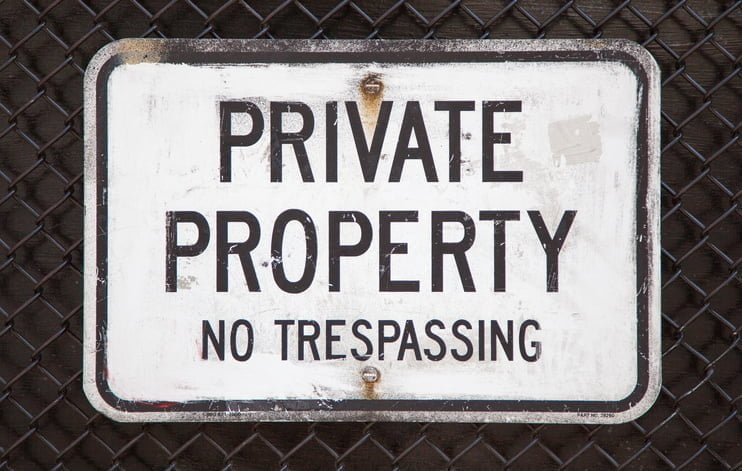
The Fifth Amendment to the Constitution protects us against eminent domain, stating that “private property shall not be taken for public use without just compensation.” However, the key here is “just compensation.” The government has the power to take land for public reasons provided that certain requirements are met — such as fair payment. However, you still have the right to challenge the government’s decision to try to take your land.
Generally when you challenge the government over eminent domain, two rules are taken into consideration:
- The government must be buying your land for public use.
- The government must pay you a fair compensation.
When looking at whether or not the government is buying your land for public use, the amount of land needed for their project will also be taken into consideration. For example, if the government really only needs half of your property to build a school, chances are you’ll be able to limit the amount of your property the government is able to buy.
If you are opposed to the government buying your land, then you must challenge their right to take your land. If the government fails to provide an adequate reason (or any reason at all) as to why they’re buying your land, then you might be able to put a stop to the purchase.
You will not be able to stop the purchase by refusing their compensation. While there may be some negotiation when it comes to the amount being offered, if the government is able to prove that they are buying the land for public use, then their right to purchase your land will be preserved.









